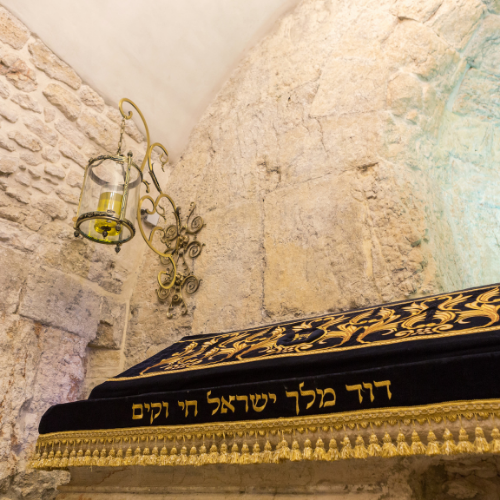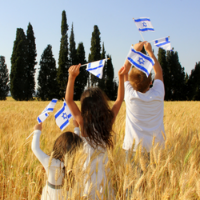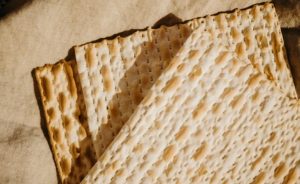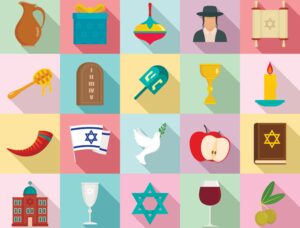A few things come to mind when thinking of Shavuot; all night learning, creamy cheesecake, the end of counting the Omer, and being given the Torah on Mount Sinai. In Israel, it marks the wheat harvest and in Jerusalem, many flock to the grave of King David on Mount Zion but as for the rest of the world, the holiday has the same traditions. Shavuot marks the day when the Jewish people were given the Torah on Mount Sinai and committed to becoming a nation, while taking on the laws of the Torah. Shavuot this year begins on Saturday night, June 8, and ends Sunday night, June 9 and here are a few things you should know about this major holiday.
The Omer is a 49 day period starting on the second day of Passover and ending with Shavuot. Every night, one is supposed to acknowledge what day of the Omer it is, counting up to 49 days. The reasoning behind this dates back to the Exodus from Egypt, when the Jewish people were told that in seven weeks from the time they left Egypt, they would receive the Torah. During this time the Jewish people began to prepare themselves for this momentous occasion. As they weren’t sure what the rules of Kashrut (kosher) in terms of meat would be, they ate just dairy to keep to the safe side, which is why we too have the tradition of eating dairy on Shavuot.
On Shavuot we read the Book of Ruth, the story of a woman who eventually became King David’s great-grandmother. King David passed away on Shavuot so many visit his grave and study in the area all night long, but we read Ruth’s story because she was the one who made this great king possible. The Book of Ruth begins during a harvest, to which Shavuot is a harvest holiday, and talks of how this humble woman, who was actually not Jewish, gracefully accepted on her own all the rules of Judaism, just as the Jewish people did at Mount Sinai.
One of the main Shavuot traditions is learning all night long. It says in the Torah that the night before accepting all the rules of Judaism, everyone went to sleep early to make sure they were well rested for their big day. However, everyone overslept and showed up late to Mount Sinai. While we aren’t given the Torah every single year, many choose to learn all night long, to stay up all night long, to remember this mistake and try to rectify it. Many synagogues offer learning sessions all night long on interesting topics in the hopes that everyone will choose to take part.

Shavuot is one of the pilgrimage holidays meaning in ancient times everyone would flock to the Temple and give a sacrifice. It was also the time of the wheat harvest in Israel, which actually still stands true today. Many synagogues and homes are decorated with wheat and greenery and many Kibbutzim in Israel actually celebrate Shavuot in the local fields, with games and parties. Since Shavuot represents a very holy and spiritual time, many choose to also wear white as a symbol of purity and holiness. Happy Shavuot and enjoy some good cheesecake!







